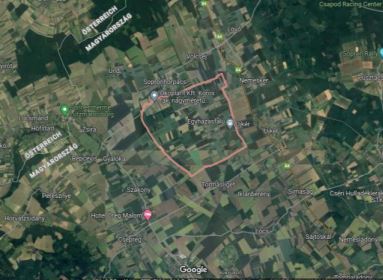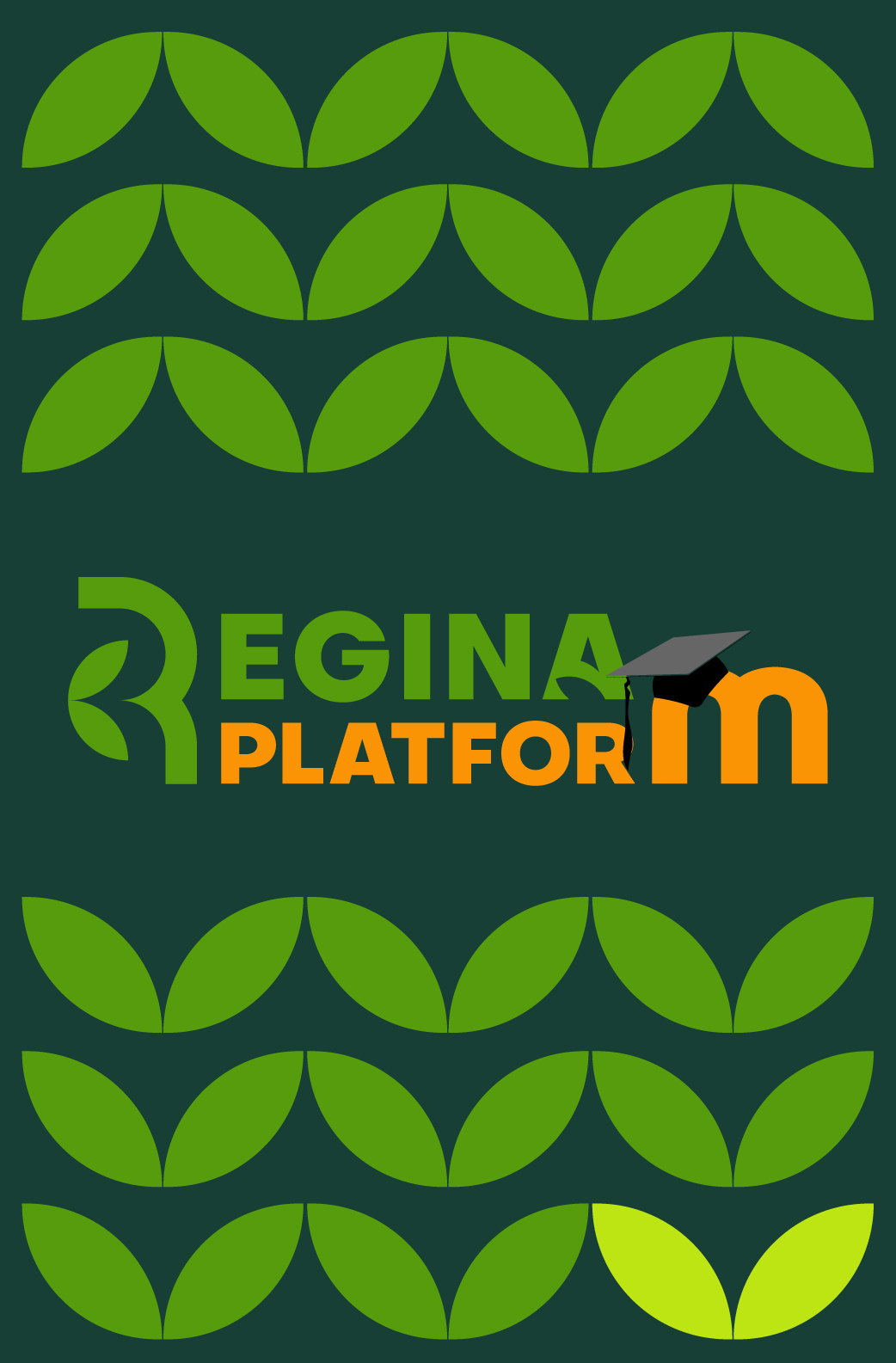Derdák Gábor, Young Farmer, Egyházasfalu
Success Story
The young farmer, who operates his farm on 60 ha, lives in Egyházasfalu, on the western edge of the Kisalföld. In 2015, they started the generational change, so Gábor continuously takes over the family farm from his father, who cultivated the fields with the care of a good farmer based on observations and customs. These are practically the same as the basic principles of the management practices referred to today as RA. Agriculture was passed down from generation to generation, which Gábor supplemented with higher education. From the beginning, he used the different RA practices throughout the area. As the vice-president responsible for rural development of the Győr-Moson-Sopron County National Chamber of Agriculture, as well as the president of the Young Farmers' Farmers' Circle of the Hungarian Farmers' Association and Farmers' Cooperatives of the county, he provides assistance to agricultural stakeholders in the region and unites young farmers. In 2020, he also won the Young Farmer of the Year title. He plays a prominent role in community life, and in 2022 he was also elected national president of the NAK (National Chamber of Agricultural Economy) Small Producer Cooperation and Local Initiatives Department.
The main activity of the farm is the cultivation of arable crops (wheat, barley, rapeseed, corn, poppy, soy, sorghum) and pig breeding. As an agricultural engineer, he considers it important that animal husbandry and crop production are in harmony on his farm. In this way, you can improve the condition of the soil with organic fertilizer at appropriate intervals. He tries to avoid compaction or dusting of the soil with minimal work. If justified, green manure plants are also used to cover and improve the soil. By using soy in the crop rotation, atmospheric nitrogen can also be bound, thereby reducing the use of artificial fertilizers. He was also trained as a precision engineer, with the aim to acquire the knowledge of planning the most reasonable and site-specific nutrient supply.
He clearly sees the advantages of RA in the fact that organically fertilized areas can be cultivated much more easily after a while, thereby reducing the fuel consumption of power machines, which is a great economic advantage in today's energy prices. Fewer input materials are used, e.g. from fertilizers. They do not need to use different bacterial preparations to break down the stem residues, since they have a living medium in their soil. Thanks to balanced plant nutrition and extensive crop rotation, their plants are healthier, which means they use significantly less chemicals.
He overcomes the obstacles that arise - for example, that soil improvement takes longer - with a lot of patience. "This form of cultivation requires a lot of patience before we get tangible results. For example, while we see the effect of artificial fertilization within a few weeks or months, with organic fertilization we only achieve visible results in several years," he says.
He is satisfied with the RA and would like to continue this form of management with further improvements. With even more precise machines, they could further reduce work operations and thereby protect the environment better.
LABELS: Hungary, crop-production
|
GENERAL INFORMATION |
|
Location of farm |
Hungary, Egyházasfalu |
|
Name of the farmer |
Derdák Gábor |
|
Size of farm |
70 ha |
|
Permanent staff |
1 |
|
Main products of farm |
Wheat, barley, rape, corn, poppy, soya, as well as pigs |
|
CURRENT REGENERATIVE AGRICULTURE PRACTICES ON THE FARM |
|
Farmland cultivated with RA practices |
All |
|
Crops produced with RA practices |
Wheat, barley, rape, corn, poppy, soya |
|
Duration of using RA practices |
Since 2015 |
Read more information in pdf...

The REGINA project (No. 2021-1-HU01-KA220-HED-000027629) was funded by the European Commission. The content of this website does not necessarily reflect the views of the European Commission.
Call 2021, KA220 – Cooperation Partnerships in Higher Education
The European Commission’s support for the production of the publications does not constitute an endorsement of the contents, which reflect the views only of the authors, and the Commission cannot be held responsible for any use which may be made of the information contained therein.


